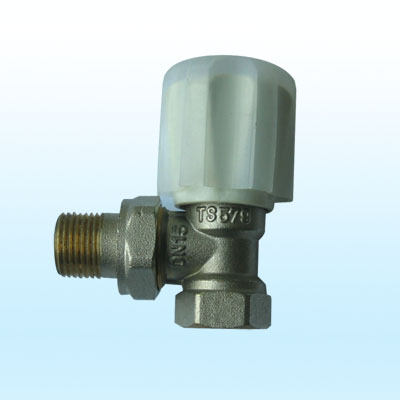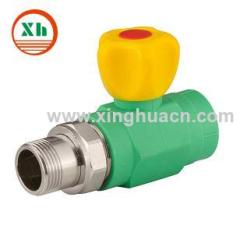
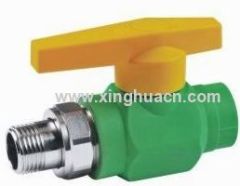
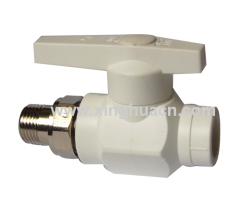
PPR male Straight Valve For Radiator
| Min. Order: | 3000 Piece/Pieces |
|---|---|
| Trade Term: | FOB |
| Payment Terms: | T/T |
| Supply Ability: | 1000000pcs per month |
| Place of Origin: | Zhejiang |
Company Profile
| Location: | Ningbo, Zhejiang, China (Mainland) |
|---|---|
| Business Type: | Manufacturer |
Product Detail
| Model No.: | XHV701-XHV702 |
|---|---|
| Means of Transport: | Ocean, Air, Land |
| Power: | Manual |
| Standard or Nonstandard: | Standard |
| Pressure: | Low Pressure |
| Structure: | Ball |
| Material: | Others |
| Temperature of Media: | Medium Temperature |
| Media: | Water |
| Brand Name: | XH or OEM |
| Color: | As your request |
| Performed: | German Standard DIN8077/8078 |
| Certification: | ISO9001:2008 |
| Production Capacity: | 1000000pcs per month |
| Packing: | PPR Straight Valve For Radiator will be put into a carton. |
| Delivery Date: | 20 working days. |
Product Description
PPR Straight Valve For Radiator
Specifications
1.Size:20*1/2 and 25*3/4
2.Popular color:white
3.Imported PPR material
4.Durable and innocuous
5.Easy to fix
Advantage:
1. High temperature resistance: the maximum sustained working temperature is up to 70°C,the maximum transient temperature is up to 95°C
2. Heat preservation: low thermal conductivity result in preserving heat
3. Non-toxic: No heavy metal additives , would not be covered with dirt or contaminated by bacterium
4. Lower installation costs: light weight and ease of installation can reduce installation costs
5. Higher flow capacity: smooth interior walls result in low pressure loss and high volume
6. Excellent Flexibility: can be supplied in coil
7. Longevity: more than 50 years under proper use
8. Recycled and environment – friendly
Application:
1. cold and hot water supply
2. heating system including flooring heating
3. heating and radiant system
4. central air conditioning system
5. industrial liquids transportation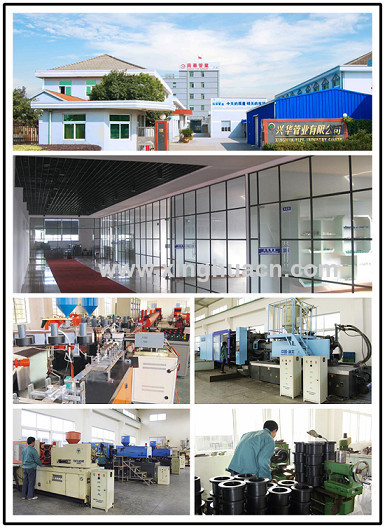
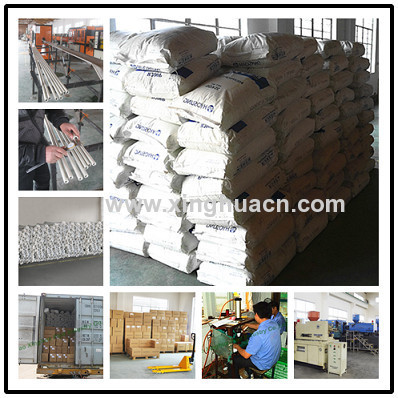
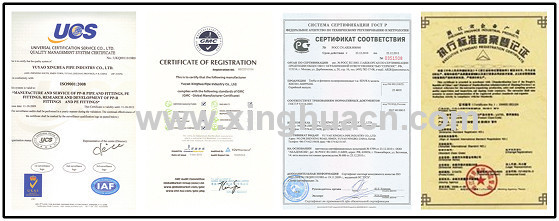
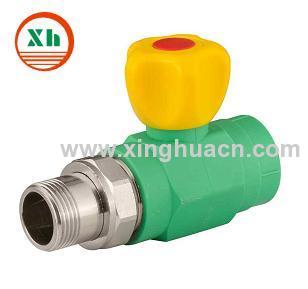
PPR pipes also known as polypropylene tube, put it plainly is we the people home life for water reform, an important material of the heating system. To waterways, heating these covert projects do not stay hidden, select high-quality PPR pipes is particularly important, then how to distinguish the quality of PPR pipes?
1) First touch the surface of the pipe by hand, to experience the texture is delicate, the particles is uniform. On the market today, PPR pipes mainly white, gray, green in several colors, under normal circumstances, recycled plastic can not make a white, so many people tend to believe that white is the best, in fact, this view is one-sided. As technology improved, the color is not to identify the quality standards ofPPR pipes.
2) Nose close to the pipe near the smell whether the smell. PPR pipe material is polypropylene, a good pipe is no odor, and bad some of the smell, it may be in polypropylene blending sake of polyethylene, so the smell of the pipe is best not to election.
3) Quality PPR pipe has a certain hardness, Nie Yinie with your fingers, feel rather hard, not easily deformed. Seemingly good flexibility,easily deformed tube, or quality problems, or it is not PPR pipe.
4) Good quality PPR pipe, has a certain elasticity, tough and not fragile, moderate intensity can smash the pipe of course, not good PPR pipe. Hardness does not equal good elasticity, we must carefully consider how drop is not broken PPR pipe. Because some unscrupulousmanufacturers add too much calcium carbonate and other impurities to improve the hardness of the pipe, this pipe toughness, a long timeprone to brittle fracture.
5) Using the method of fire test PPR pipe, very intuitive and very useful. Good combustion of PPR pipe, smokeless tasteless liquid melt outclean and transparent, poor quality of the pipe due to an internal mixture of recycled plastic or other impurities, and black smoke in thecombustion process, and even have a pungent odor.
PP-R is highly preferred over other traditional materials because of its following advantages:
Better impact strength | Long life |
Light weight | Non-toxic |
Environmental Friendly | Better corrosion resistance |
U.V resistance | Good chemical resistance |
Good thermal insulation | Bacteriologic-ally Neutral Hot Fusion joining (no use of solvent) |
Resilience | Very less co-efficient of Friction |


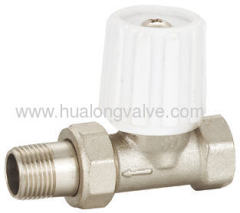
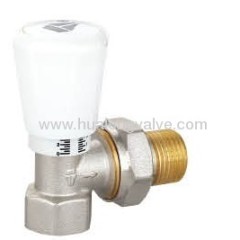


.jpg)
